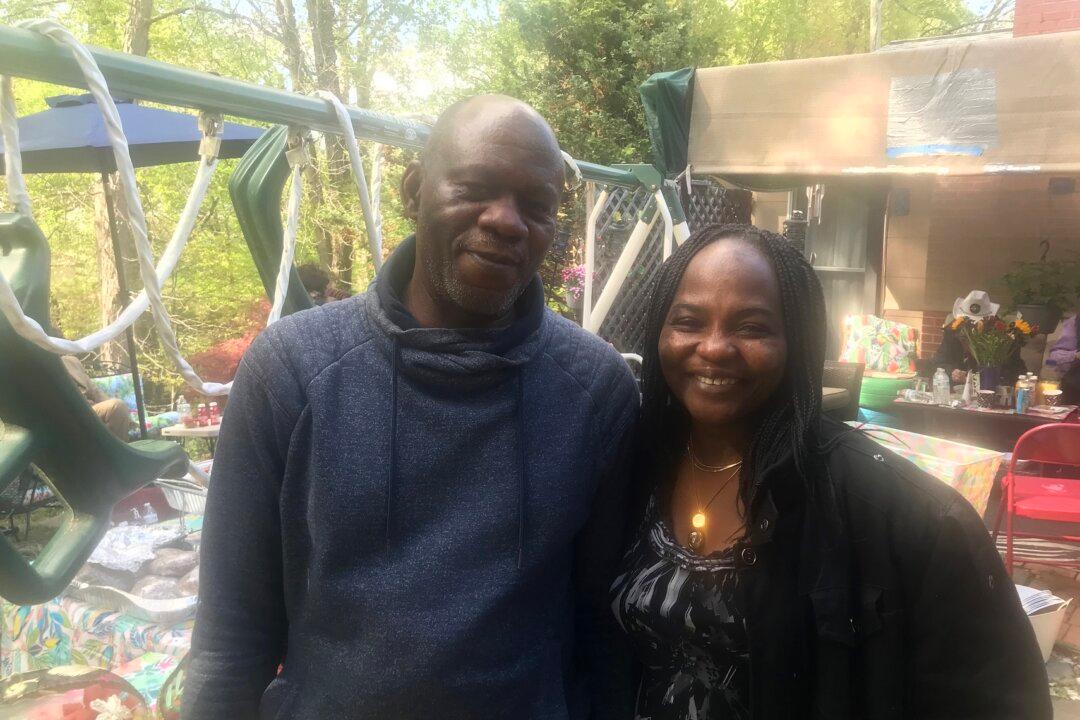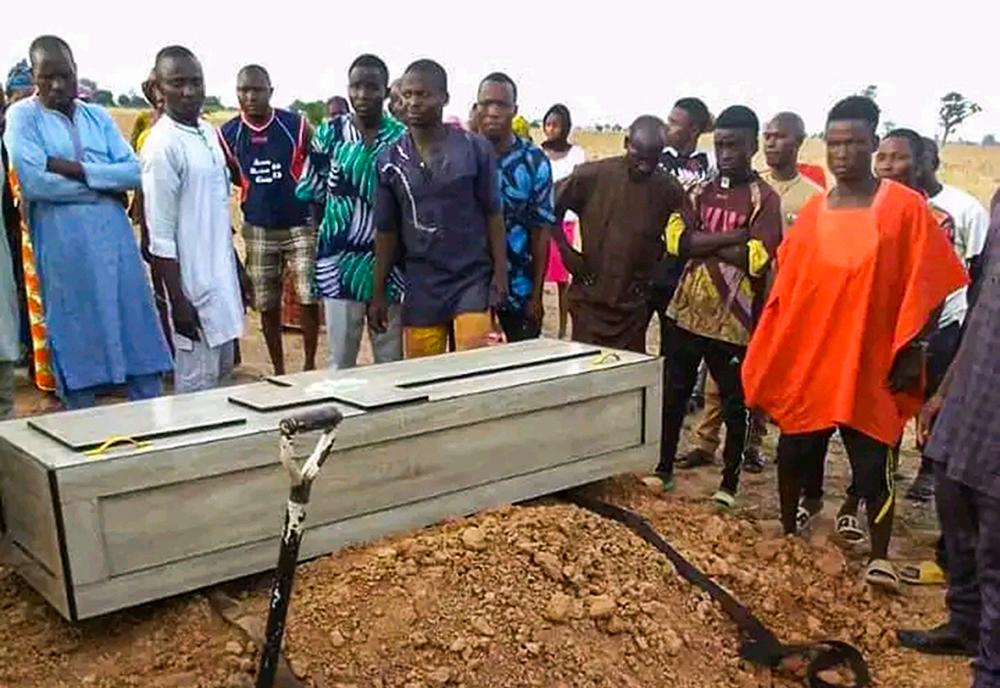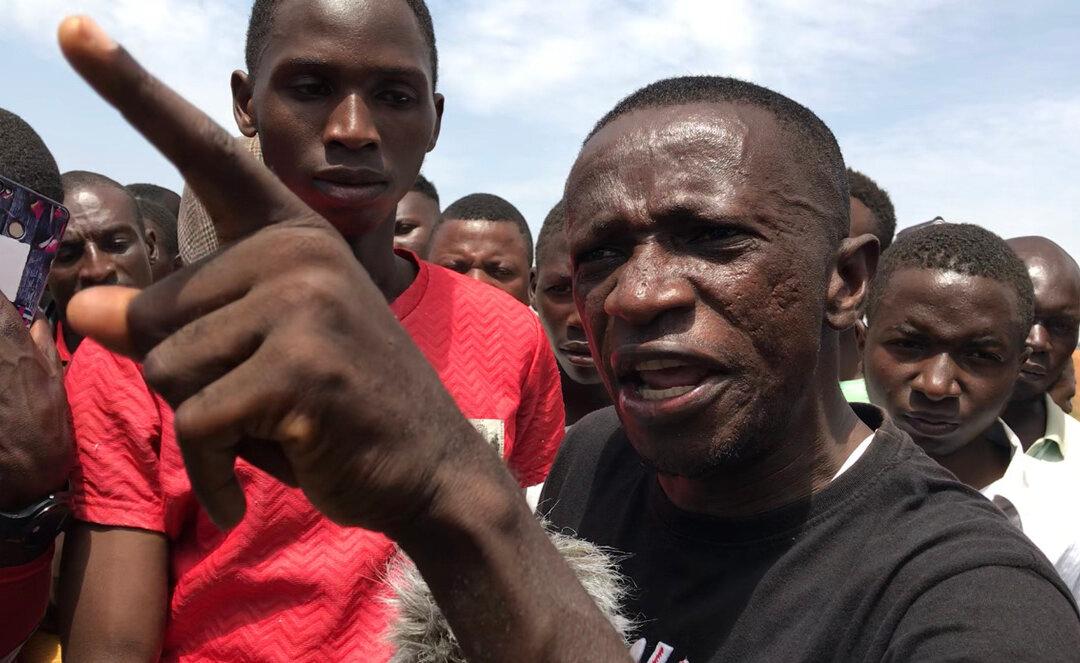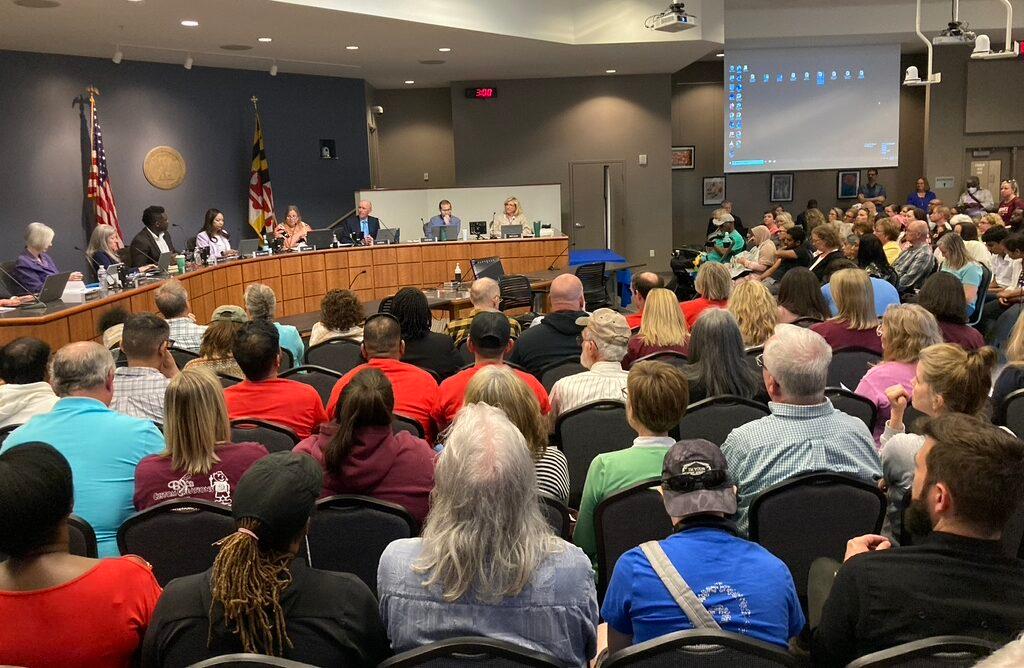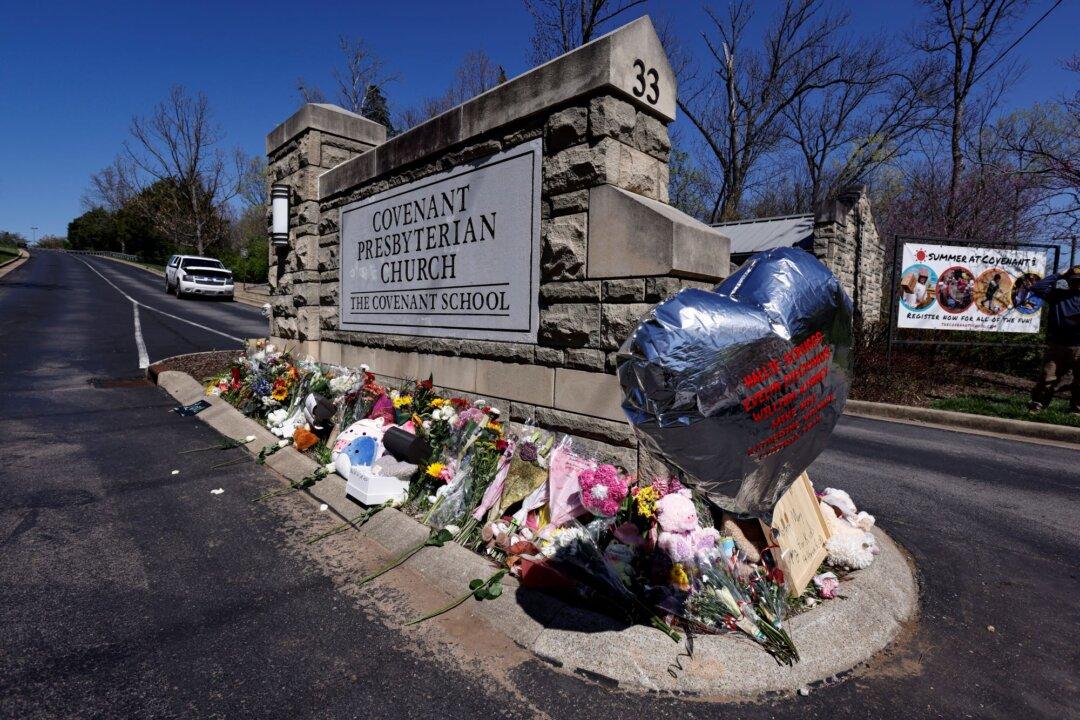For middle-aged couple Nehemiah and Tassi Ghata, the fact that Boko Haram terrorists threaten their Nigerian capital is the least of their worries. Having been kidnapped three times out of their own home within the last 14 months, they have decided to call it quits and sell their comfortable house.
“When I think about my house that my husband and I worked hard for 13 years to make beautiful, it’s hard,” she tells The Epoch Times between tears.
